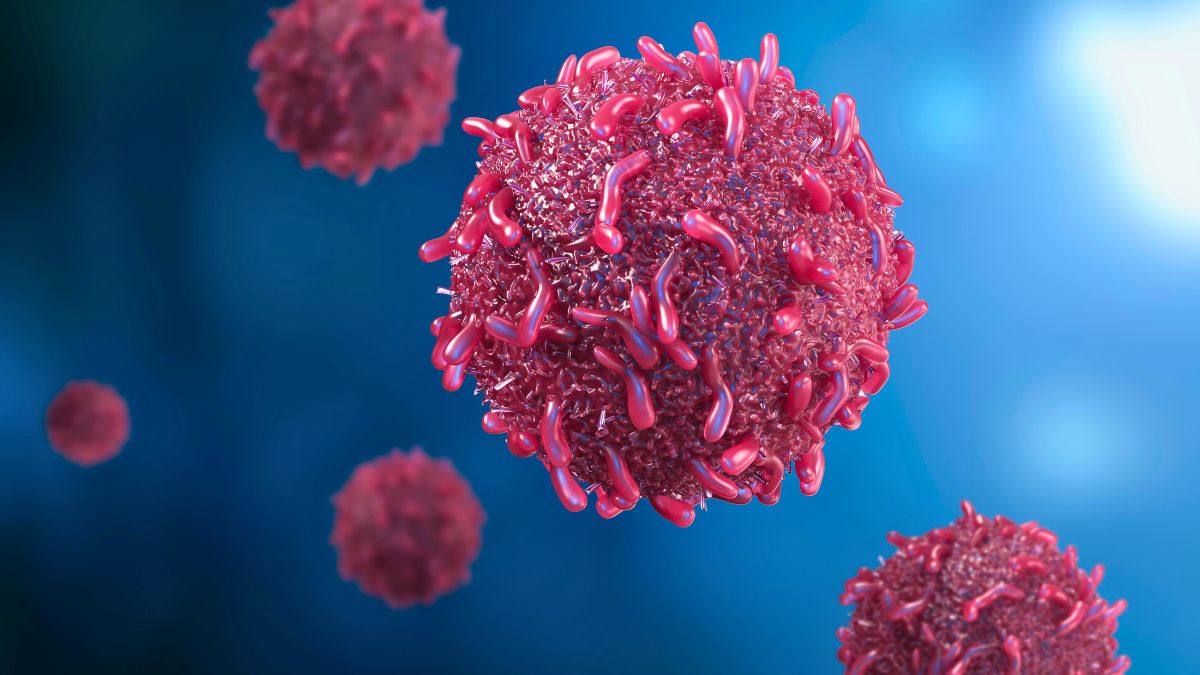‘Conan the Bacterium’ Unlocks Cosmic Secrets to Defend Astronauts from Radiation

The image is just an illustration
In the quest to understand how life can thrive under extreme conditions, scientists have zeroed in on a bacterium with a near-superhero nickname: ‘Conan the Bacterium’.
This microbe, known scientifically as Deinococcus radiodurans, has caught the attention of researchers at Northwestern University and the Uniformed Services University (USU) for its exceptional ability to survive radiation levels that would be fatal to humans.
The resilience of Deinococcus radiodurans hinges on its unique defense mechanism—a powerful antioxidant formed by a mix of simple metabolites and manganese.
This discovery, as shared by Brian Hoffman from Northwestern and Michael Daly of USU, paves the way for groundbreaking applications in protecting humans from radiation. Their findings were detailed in the Proceedings of the National Academy of Sciences.
According to the research, the magic happens within a complex known as MDP, which stands for manganese, phosphate, and a small peptide.
This complex is more effective than its components alone, offering unprecedented protection against radiation damage.
The potential benefits of this discovery extend far, from safeguarding astronauts against cosmic radiation to enhancing the safety of vaccines.
Further studies reveal that the combination of phosphate and a synthetic decapeptide called DP1 with manganese creates a robust shield against radiation.
This development could be a game-changer in industries like healthcare, defense, and even space exploration, hinting at a future where humans could better endure the harsh realities of space environments.
This research builds on prior studies that had already established the bacterium’s ability to withstand up to 25,000 grays of radiation.
However, Hoffman and Daly’s recent exploration found that in dried and frozen states, these cells could handle up to 140,000 grays.
Such a finding underscores the possibility that if microbial life exists on Mars, it could potentially survive the planet’s extreme radiation conditions.
The study not only highlights the remarkable survival strategies of Deinococcus radiodurans but also ignites hope for future scientific endeavors in outer space, potentially making long-duration space missions safer for human travelers.
With this bacterium leading the way, the secrets to surviving space’s hostile environment might soon be unlocked, supporting humanity’s dream of exploring the far reaches of our universe.
